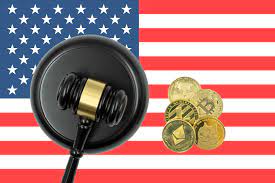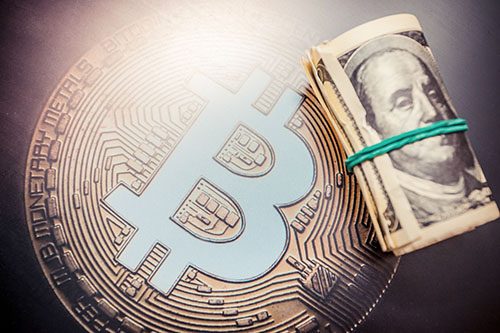“If I was the government, I’d close it down” – Jamie Dimon, JPMorgan Chase CEO on Bitcoin/Crypto.

It’s been about a year since Elizabeth Warren and other Senators introduced the “Digital Asset Anti-Money Laundering Act”. It outlines regulations on digital assets, exchanges, as well as individual and corporate involvement in the industry. Strict KYC on all exchanges/platforms, prohibition of privacy coins and anonymized trading, and a long list of examination by Federal Agencies. In other words: this act threatens the very essence of a decentralized economy.
In the wake of current events, this bill is stepping back into the spotlight of controversy. More sponsors are showing support. Lawmakers are pushing for something to be done about illegal financial activity.
It’s no surprise either, unfortunately. Digital assets have always faced scrutiny from lawmakers. Decentralization threatens the broken system they stand for.
With the recent ruling against Binance, and former CEO, CZ, stepping down, they’ve got some ground to stand on. The admission that the world’s largest exchange was involved in illegal activity was nothing good for crypto. This only gave regulators more reason than they had to push against the new economy.

“Money for criminals” is the guise for the movement. The silk road, Binance, cartels and terrorist organizations: it’s obvious how this money is being used! Or is it?
As of 2020, only .43% of all crypto activity was linked to illegal activity after a high of 1.9% in 2019. Falling further in 2021 (.12%) and hopping up a bit in 2022 (.24%). The time period being the biggest growth period for the market space in all areas. Even if more illicit activity is connected with digital assets, it’s estimated (as of Jan, 2021) that only 2-5% of the global GDP is linked to illegal activity. With September 2023 exchange rates, all significant cryptocurrency projects accounted for a total of .23% of the total value of the global money supply.

The numbers simply aren’t in their favor to justify these laws. We might as well just have a CBDC and toss crypto out the door if they’re going to be as regulated as this bill wants them to be. Or just go back to cash and metals only… which isn’t realistic at this point in time.The new economy can’t be controlled, unless regulators have a way to trace it all. That’s exactly what they’re fighting for. They tried to get finance traceable at all levels, and they got pretty far. Until Bitcoin tore the veil. It’s not a bill against criminals or illegal activity. It’s all for control. #EndTheFed.




